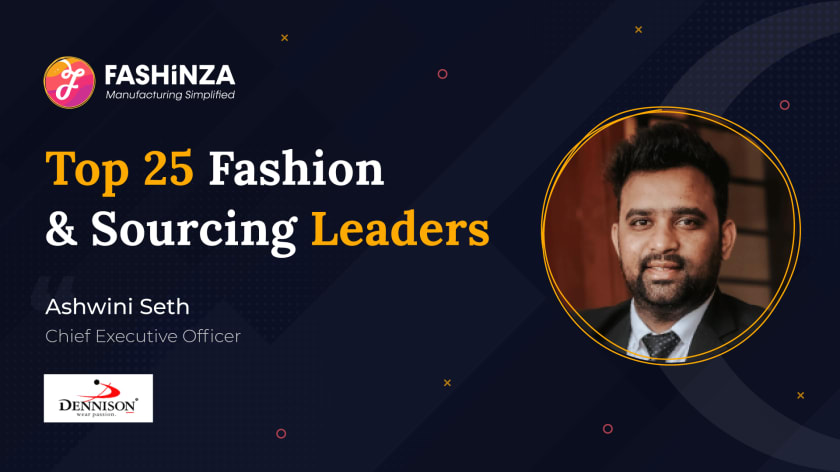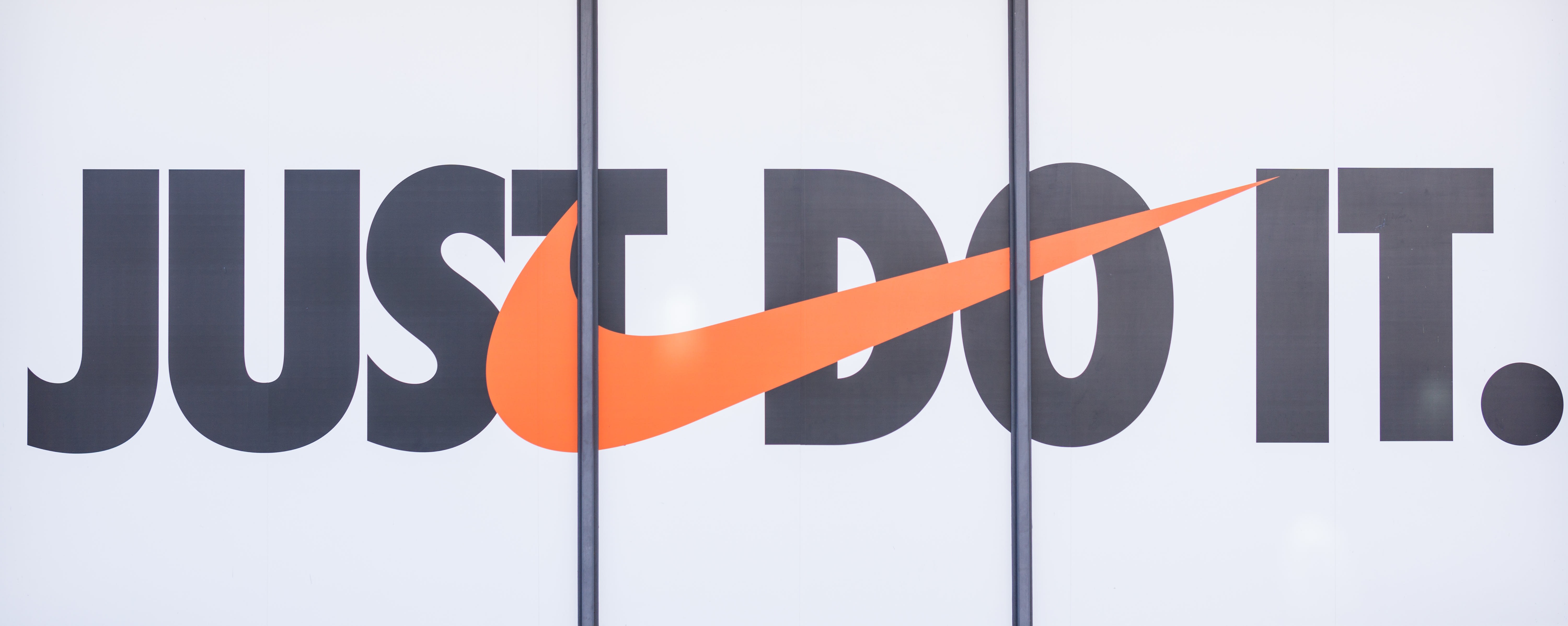Gen Z will push for sustainable, low-maintenance garments



With e-commerce portals joining forces with visionary entrepreneurs all across India, online shopping is experiencing true growth. Dennison, a rising D2C brand hailing from a Tier II city in India, is one such success story, spurred on by Myntra to carve its path to glory. Ashwini Seth, the CEO of Dennison India, speaks with fervor about the brand's journey, which began with his father and evolved into a stylish workwear fashion brand with the e-commerce boom. The brand aspires to expand into new categories sustainably while simultaneously embracing cutting-edge technology to overcome obstacles in the supply chain. Here are the excerpts from the conversation with Fashinza:
Tell us about your journey with Dennison India.
The journey with Dennison India began almost 25 years ago with my father in 1988. Back then, there was not much of a ready-to-wear apparel market. However, my father was supplying dresses to army canteens and traveling a lot. He noticed that his friends were struggling to find affordable and high-quality stitched clothing, and that's when he got the idea to start his brand. Being familiar with the manufacturing concept, he wanted to make high-quality workwear more accessible and economical for everyone. He launched his brand on May 1st, 1988, and that's how Dennison came into being.
How do you see fashion changing from a conventional to a fast fashion industry?
Fashion is moving rapidly and things are changing. As of today, India has the highest Gen Z population in the world. These generations have different needs and requirements. Everyone is looking for fast fashion, while others are looking for sustainable fashion. It's not easy to deal with them, but the industry is changing rapidly with their demands. The internet and social media have played a big role in this, people are getting to know about them and are ready to try them out.
How is sustainability going to shape the fashion industry and your brand?
In 2019 when we started focusing on a single line, i.e. workwear, the first thing that came up was functionality. In 2021, we did a bit of research in the process of fitting our vision of what we should do. We realized a major problem that nobody was talking about was water footprints. Even growing 1KG of cotton fiber requires somewhere around 2000 liters of water. I was looking through the solutions to replace cotton. Then I got to know about hemp and that it requires only 1/3 of water compared to growing the same amount of cotton. It is naturally antifungal, protects from UV rays, is easily biodegradable and is the strongest fiber in the world. I think we're going to replace cotton in the coming years, and it should. It's going to shape the fashion industry sustainably.
What are the other challenges impacting the industry?
As someone who has been in the industry for almost a decade, I can say that one of the major challenges is finding the right partners for various functions such as supply chain processes. In my early years, I used to go to markets to buy products and get them manufactured, but sometimes the manufacturer was not right or the process got delayed, leading to losses. Our money would get stuck, and we would not be able to sell our products on time, affecting our GMV and profits. This is a common problem faced by many in the industry. Whether it's at a small- or large-scale unit, you need to have more production cycles to fuel growth. Finding the right partner is crucial to overcome these challenges and grow in the industry.
Do you think technology can kind of help in solving supply chain issues?
Technology has the potential to solve supply chain issues and change the game for the industry. In fact, if we don't incorporate technology, we may fall behind in the market. The real-time data-generation capacity gives me access to production status while traveling anywhere in the country. The concept of meta is gaining popularity and in a few years, people may be wearing digital clothes and interacting in meta-universe rather than meeting physically. You never know!
What's your prediction for this industry?
In the next 10 years, I believe e-commerce sales and digital-first brands will boom, leading to an almost 800% growth in the industry. To stay ahead in the market, businesses need to be updated with the latest technology and incorporate it into their production, designs, and delivery processes. Data analysis is critical in identifying what products are selling and in planning for replenishment. Fast fashion may go down due to the environmental consciousness of Gen Z, leading to a shift towards fast manufacturing. It is the faster turnaround time that will be deciding the winner.
What is the future of D2C in E-commerce platforms?
Ashwini: It is clear that the D2C space is set to grow. However, with increasing competition, many businesses may face the risk of shutting down. To succeed in this space, entrepreneurs need to be smart in terms of pricing, offerings, and promises made to customers. Brands need to focus on the after-sales process, especially on returns. When we launched our online shop, we made sure that the return process was simple and easy for customers. Additionally, D2C brands should address common product problems by incorporating functionality into their products, such as auto-fit, stretchable, and quick-dry garments. Customers need to have a good understanding of the products they are comparing so that they can distinguish one from another.
What are the plans for Dennison?
Ashwini: The focus will remain on workwear, with a particular emphasis on addressing gaps in the market. We would like to scale up the men’s workwear segment and the same goes for women's workwear. There will be a greater emphasis on sustainable clothing as the company explores more sustainable fabrics and production methods. We also plan to enter the plus-size fashion market. Overall, Dennison's plans involve expanding its workwear offerings and getting into multiple categories to cater to a wide range of demands from customers.
Building on strength
The fashion industry is changing rapidly with the advent of Gen Z, who demands both fast and sustainable fashion. Overall, D2C platforms have a promising future, but success will depend on smart strategies, focusing on the customer experience, and addressing common product issues.
Key takeaways
The Indian fashion industry is changing rapidly with the rise of e-commerce portals and Gen Z.
Dennison has brought change to the workwear fashion industry by making it more accessible and economical.
Finding the right partners and incorporating technology is crucial to overcome challenges in the supply chain.



















